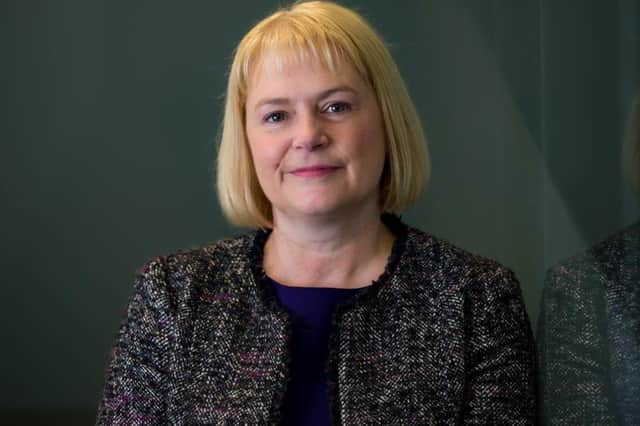A transitional year ahead in the world of work - Kim Pattullo


Currently, to attract and retain employees, salaries are increasing. In pressured sectors like logistics and care, there are insufficient employees.
Many employees favour retaining flexibility and may be keen for employers to retain the hybrid office/home working model. They will be mindful that official Scottish Government guidance is only for employers to “consider” hybrid working.
Advertisement
Hide AdAdvertisement
Hide AdConversely there are some employers, especially in financial services, who wish to see employees return to the office at least three days per week. All employers are keen for stability and to establish policies reflecting the “new normal”. This aim remains challenging while Covid infections only slowly recede and the pandemic persists.
Businesses are acutely aware of the impact of the pandemic on employees and working practices. Some may point to a loss of “office” camaraderie or collaboration while junior employees have potentially enjoyed less training and development.
From my perspective, 2022 will be a transitional year. Though challenging for some sectors, businesses should aim to retain flexibility in working practices and ensure employees feel engaged in how they are expected to operate.
Significantly, the UK Government launched a consultation (which closed 1 December, 2021) to review the current legal right of employees to request flexible working. Off the table is an automatic right to work flexibility. Instead, the government favours employee/employer dialogue about how flexible working could work for all.
The government has also sought views on whether the right to request flexible working should be an employee’s right from day one. Currently, it’s only considered after accruing 26 weeks’ service.
The consultation has also asked if the onus should be on employers to suggest alternative arrangements if requests for flexible working are rejected.
The consultation process may be overtaken by innovative employers who are already embracing flexible working policies. A new initiative, the 4-Day Week Campaign has been announced, with some employers trialling an arrangement whereby employees retain 100 per cent of their salary and work a four, not five-day week.
Unfortunately, I believe many industry sectors will see a significant increase in employees’ mental health issues once the crisis period dissipates. Consequently, it’s imperative that all employers consider how such employees can be practically supported. Our post-Covid world of work will increasingly also need to prioritise and offer a wide range of positive mental health and wellbeing practices.
Advertisement
Hide AdAdvertisement
Hide AdThis can include implementing of effective sickness absence measures and (resource permitting) employee counselling services. The costs of introducing such measures may be daunting. However, a failure to effectively consider such steps could see high levels of sickness absences materialise over many months and prove equally challenging to the business.
The pandemic has arguably redefined our future world of work and in my opinion key for businesses will be to identify and harness the positive methods of how to work differently and effectively from the pre-Covid “norm”. Certainly, businesses that incorporate positive mental health practices are likely to retain talented employees. In turn, these people will be motivated to deliver for their employer and customers and help to ensure the continued success of the business.
Kim Pattullo is a partner and joint head of employment law at Shoosmiths in Scotland